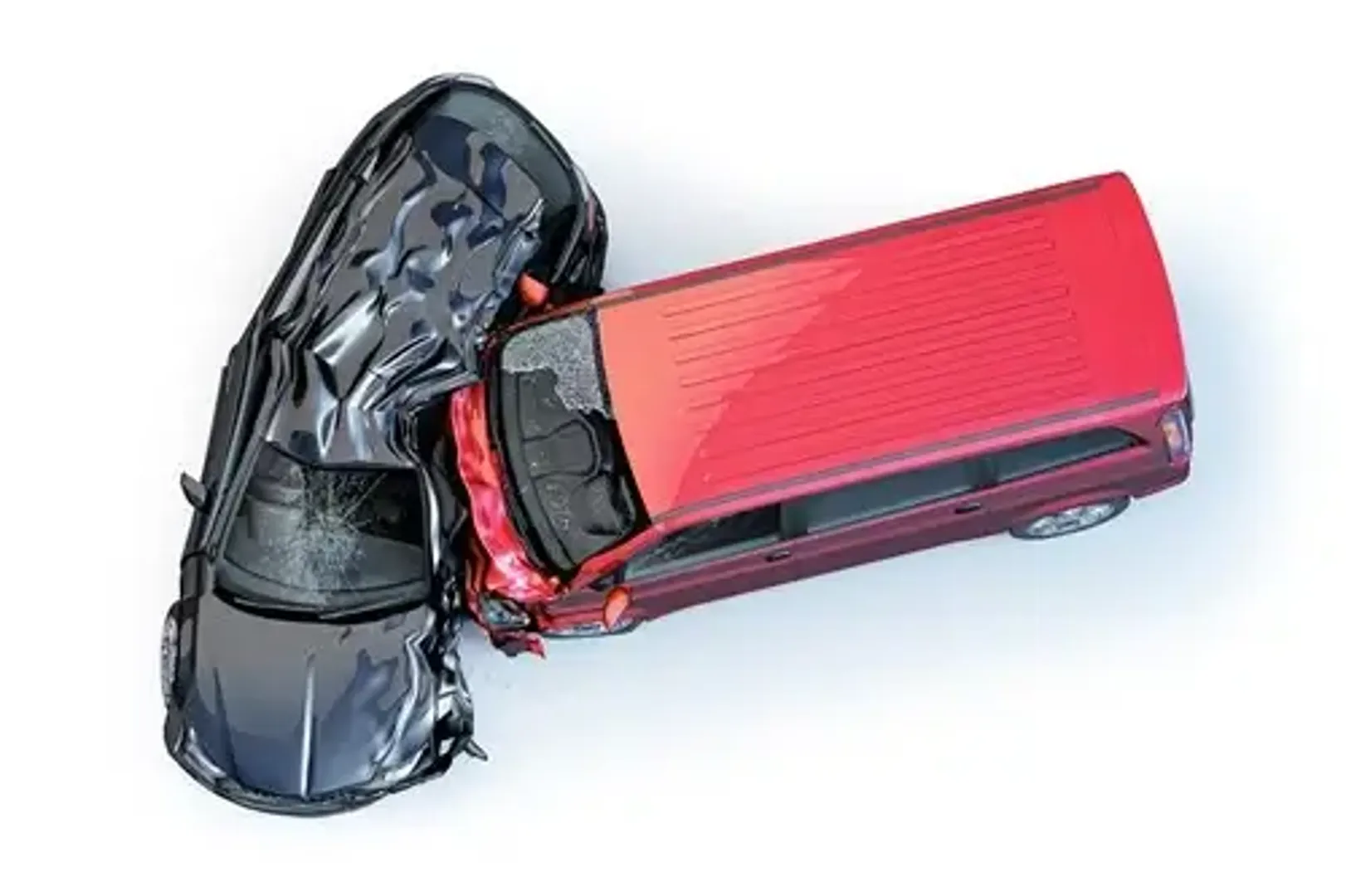
Road traffic accidents, or RTAs as they are often known, are a major cause of disruption to businesses as well as representing a danger to life and health. Here are some of the most common factors causing them, and what can be done to mitigate the risks.
At the time of writing, proposals have been announced by the UK government to ban drivers from using hands-free mobile phones while at the wheel in England and Wales.
The main reason for this is that it is believed that the existing law gives the "misleading impression" that hands-free options are safe. As we all know, it has been illegal since 2003 to use a handheld phone while driving and this latest suggestion is that hands free devices still create the same risks of collision.
But now experts are saying that making hands-free phone calls causes a similar level of distraction to drivers as being at the legal limit for alcohol blood level in drink driving cases.
A public consultation is set to take place with the outcome to be published by the end of this year. No doubt there will be much debate and discussion on the topic and we will all await the result with interest.
However, although use of mobile phones while driving is widely recognised as being one cause of road accidents, there are a number of other reasons drivers get distracted resulting in RTAs.
According to the Royal Society for the Prevention of Accidents (RoSPA) the main causes of RTAs are human error, environmental problems and mechanical faults with the vehicle in question.
Human error is stated as being top of the list of causes of 95% of all RTAs, so it seems ultimately that drivers are the main problem. These errors are due to a range of factors and by being aware of the main causes, it helps to be mindful and try to avoid any problems while out and about.
- Alcohol/drugs – these substances can have a devastating and often fatal effect on the ability to drive safely. According to RoSPA it is the biggest single factor in road deaths in the UK, particularly among young drivers. Decision making, balance, coordination, sight, touch and judgement are just some of the senses and skills that alcohol and drugs have such a negative impact on.
- Inexperience – unfortunately this again significantly impacts young people who often tend to drive too fast, leading to irresponsible behaviour, error of judgement and mistakes. The old saying of ‘you can’t put old heads on young shoulders’ comes to mind here, but frequently encouraging young drivers to take extra care might go a long way to helping keep them safe.
- Tiredness/illness. Tiredness in particular has a detrimental effect on drivers’ ability to drive safely. Always make sure plenty of breaks are taken on long journeys or when driving all day to a multitude of destinations. Keep refreshed and hydrated and you will be sure to be a lot sharper while driving. Always stop for a break and don’t attempt to eat and drink on the road – negotiating a city centre with a sandwich in one hand and a packet of crisps on your lap isn’t a good idea - aside from the distraction of eating behind the wheel! Having a sandwich and a cup of coffee in a café will help you to relax and prepare you better for the next stage of your journey.
- Distraction – from passengers travelling with you can lead to RTAs. Avoid deep conversations or getting into arguments when driving, particularly in heavy traffic or in areas where you’re not quite sure where you are going is good advice, keeping all your focus on the road.
- General lack of attention – which can be caused by a number of issues including impatience, stress, carelessness, absent mindedness and general disregard for personal health and safety and those of others. It is always too easy to think “it won’t happen to me”.
Using the roads is part of our everyday lives, whether we travel to school or work by car or driving is part of our jobs, being aware of the main causes of RTAs will go a long way to keeping our minds well and truly focused on the road ahead.
*Information taken from the Road Safety Factsheet produced by RoSPA


